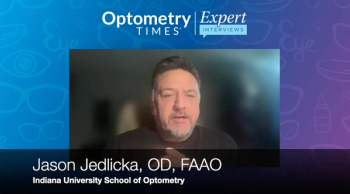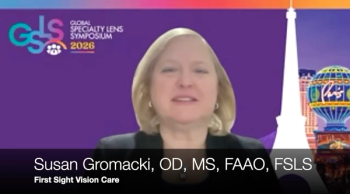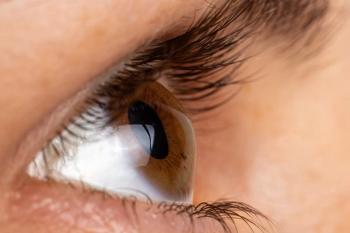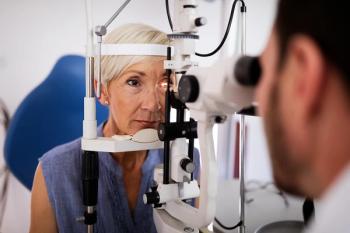
SCOPA: Managing myopia for the future
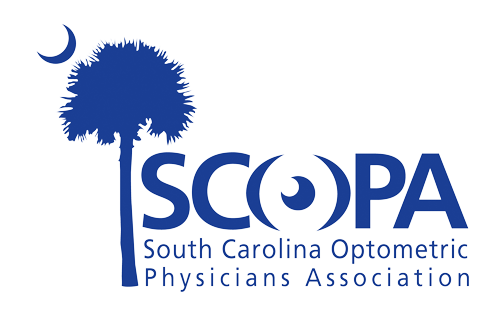
Ashley Tucker, OD, FAAO, FSLS, Dipl ABO, shares highlights from her discussion titled, "Myopia management: past, present, and future," presented during this year's 115th annual SCOPA meeting.
Optometry Times®' Alex Delaney-Gesing speaks with Ashley Tucker, OD, FAAO, FSLS, Dipl ABO, a therapeutic optometrist at the Contact Lens Institute of Houston and Bellaire Family Eye Care in Bellaire, Texas, on highlights from her discussion titled, "Myopia management: past, present, and future," which she presented during this year's 115th annual South Carolina Optometric Physicians Association’s 115th annual meeting in Hilton Head, South Carolina.
Editor's note: The following transcription has been lightly edited for clarity.
Could you share a highlights version of your presentation?
Myopia is such a big topic in optometry right now. Most people know this statistic, but by the year 2050, 50% of the world's population will be myopic—which is drastically different than 15, 20, or100 years ago.
So managing myopia is more important than it's ever been. Kids are becoming myopic earlier and progressing longer. And that puts them at a higher risk as an adult for retinal diseases like macular degeneration, retinal detachment, and then also cataracts.
Why is this such an important topic of discussion?
We know now that we don't just treat myopia by putting patients in simple glasses or contact lenses; we manage myopia, which is very different. So the goal of management is to reduce progression by at least 50%, which will ultimately reduce an adult's risk factor for getting retinal diseases by a significant amount.
What are the key takeaways that you'd like attendees to learn?
We have so many options; we really have an option for any patient or family that wants their child in myopia management. We have FDA-approved soft daytime contact lenses, overnight orthokeratology lenses, and then we have off-label options, like soft multifocal contact lenses, atrophying, or pharmaceutical therapy.
And then in the future—hopefully very soon—we'll have a spectacle option as well. So our portfolio for myopia management is really broad, and we should be able to have an option for every family that wants myopia management for their child.
Newsletter
Want more insights like this? Subscribe to Optometry Times and get clinical pearls and practice tips delivered straight to your inbox.



